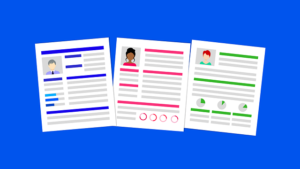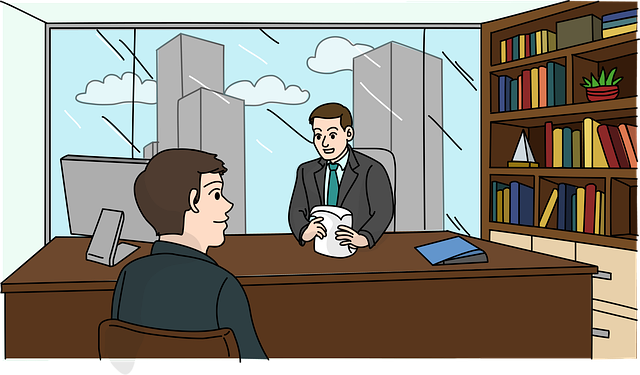This article will explain the difference between getting laid off or fired and offer tips for handling each type of job termination.
Laid Off or Fired?
The primary difference between a job layoff and a job firing is the reason for the employer’s action. One way to look at is by asking, “Whose fault is the job termination?” A layoff is the employer’s fault, while a firing is the employee’s fault.
Reasons that might prompt an employer to lay off an employee include:
- downsizing
- reorganization
- merger or acquisition
- loss of the contract or funding for which the employee was hired
- changing businesses needs
None of these reasons concern the employee’s job performance.
On the other hand, when an employer fires an employee, it typically is due to one of the following reasons:
- poor work performance
- violation of company policy or employment contract
- inappropriate or dishonest behavior
Keep in mind that if you have agreed to at-will employment, your working arrangement can be terminated by either you or your employer or employee at any time without notice or cause. However, the law protects an at-will employee from being terminated for the following reasons:
- disability
- racial or sexual or racial discrimination
- retaliation
How Being Laid Off or Fired Affects the Employee
It is critical for an employee to know the reason an employer is terminating them. If the circumstances are unclear, you should seek clarification from your employer. Here are some questions to ask before leaving the workplace:
- Why am I being terminated? Ask specific questions about your job performance and how it may relate to the situation.
- How can I get my final paycheck? Whether you are fired or laid off, you need to make sure you receive full payment for the work you have completed.
- Am I entitled to a severance package? In many cases, the length of time you have worked for the company factors into the severance package. If the layoff is due to the employer’s financial constraints, a severance package is unlikely.
- What else am I entitled to? Laid-off employees also are entitled to accrue sick leave, vacation time, and any back pay they have accrued.
- May I have a reference letter? Letters of recommendation will come in handy in your upcoming job search. While it is especially advisable to get a reference letter if you are laid off, it’s a good idea even if you are fired. As part of this conversation, you can ask what potential employers will be told about the reason for your job termination.
What about unemployment benefits?
Someone who is fired is ineligible to receive unemployment benefits from their state. However, if you have been laid off, you may qualify for these payments.
Unemployment rules and application timelines can vary from state to state, so it is necessary to check with your state’s unemployment agency. In most cases, you can file for benefits online.
Finding another job

Each situation is different, but, in some cases, a layoff can be temporary. A temporary layoff is when the employee has a specific recall date or can return to work within six months.
According to the Bureau of Labor Statistics, there was an unprecedented surge in temporary layoffs in the early months of the pandemic. For example, in early 2020, many food and beverage businesses were expected to hire employees back after health conditions improved.
However, there is no expectation of being rehired when someone is fired.
In either case, someone who has lost their job usually has to seek other employment. How do you handle being laid off or fired during a job interview?
If you have been laid off, the best approach is to give a clear explanation such as, “The company downsized, and my position was eliminated.”
If you were fired, you need to be truthful about what happened, but you also need to indicate to new employers that you will not repeat the same mistakes. Here are some examples:
- “I was frequently late for work, but I now have a car and won’t have to rely on public transportation.”
- “I was fired for violating the cell phone policy. I had a family emergency at the time, and I realize I should have communicated better with management about what was going on. I also understand now why these policies are in place and why they need to be followed.”
- “I didn’t research my previous workplace enough before taking the position. We were not a good fit. I have done my homework this time, and I know I will thrive in this collaborative environment.
When you plan in advance how to respond to the inevitable question, “Why did you leave your last job,” and understand the clear differences between being laid off and fired, it will help you handle the situation with confidence.














